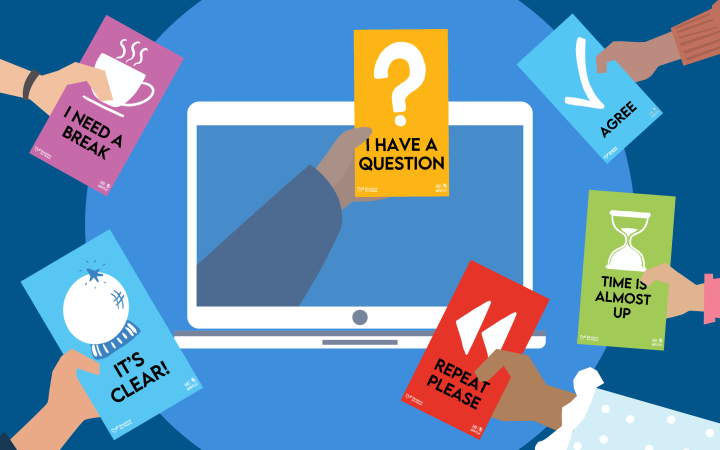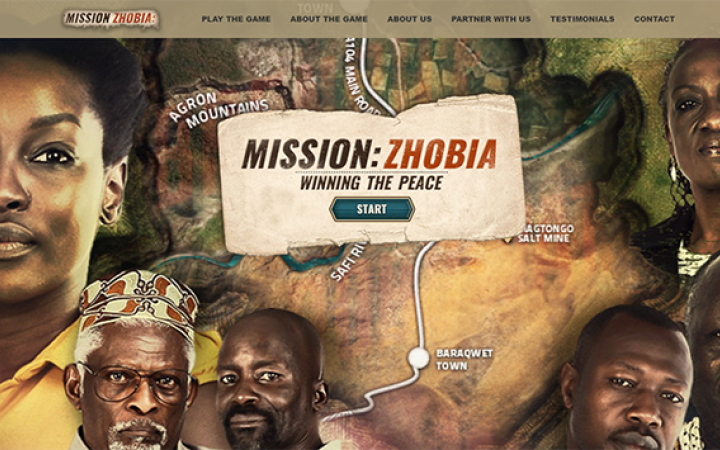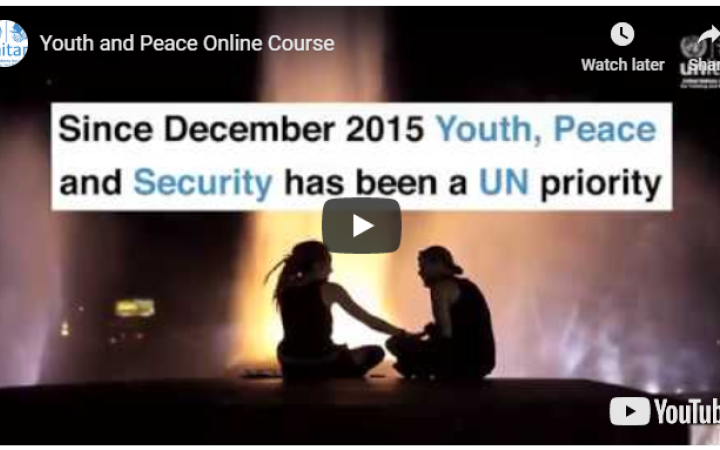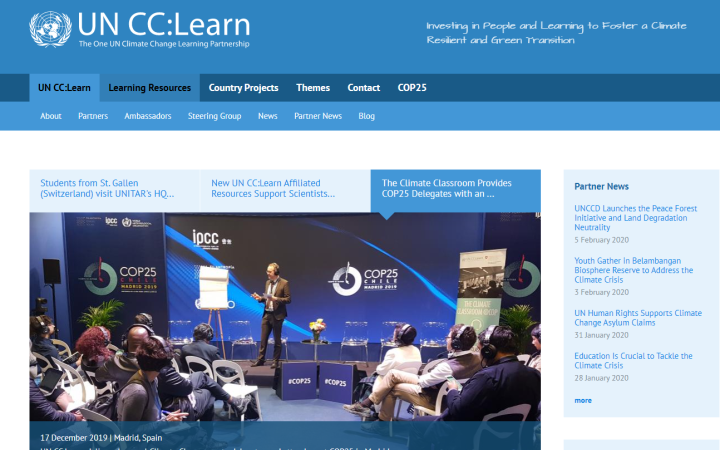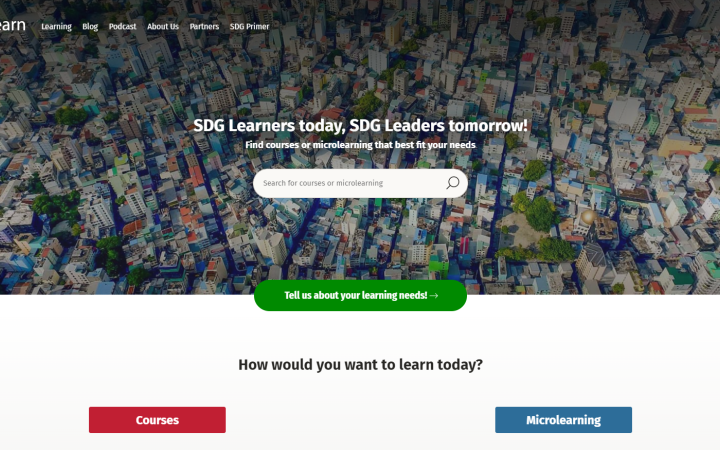Our COVID-19 Response: Move Your Training Online
Do you need to move your #training online? Has your face-to-face event been cancelled or postponed? Do you need to create an online learning event in a short time fame?
While we all #StayHome, moving events and training online is more important than ever. But how do we do it and what are important considerations to bare in mind?
How to Turn Face-to-Face into Online Events in English and French
COVID-19 is changing the way we learn as events, workshops and meetings move online. While participants may appear equal on screen, there are various factors, both individual and structural, preventing people from accessing, participating in and benefiting equally from online events. Inclusive learning is about responding to the diversity of needs of all learners and reducing obstacles to participation, to ensure that no learner is left behind as we harness the full potential of our learning events. Ultimately the impacts of learning spaces are influenced by how inclusive they are. Trainers and facilitators who fail to consider inclusivity could risk the effectiveness of their events as well as potentially reinforcing inequalities and harmful stereotypes. These tips are for trainers, facilitators and organizations that are transitioning their events online. They aim to mainstream inclusivity across all aspects of design and implementation to make online (and offline) events more inclusive, effective and impactful. Offered in English and French.
Making Online Events More Inclusive in English and French
40 simple and ready-to-use methodological tips that will make your online training event a success. Offered in English and French.
Guiding Questions to Designing Learning Events in English and French
UNITAR's Learning Solutions team takes you through the whole process of training design with guiding questions for both face-to-face and online learning events. Offered in English and French.
Online Facilitation Cards
Facilitation and participation in online events can often be challenging. Technical difficulties, participants interrupting each other as well as the challenges to make learning interactive, meaningful and engaging all result
in the online space being somewhat tricky to manoeuvre. These cards were created to allow for more effective communication and smoother online meetings for both facilitators and participants, as well as enhancing interactivity and engagement. They also allow for more inclusion within discussions making sure that everyone is heard.
These facilitation cards are a set of printable and digital images that can be used to visually facilitate meetings, workshops and learning events taking place online. There are three versions that can be used separately or combined, depending on the context:
- Smartphone version (people show their phone screens to their webcams).
- Print-out version (Printing the cards to use instead of phones)
- Hand Signals (People use their hands to communicate).
Download the full set of UNITAR Online Facilitation Cards.
Design and host online courses
As the greatest revolution in today’s education, online learning has a myriad of advantages. We design and host online courses and with this enable learners to study in a self-paced way from distance.
Advise and conceptualize online learning interventions
Learning interventions need to be well thought-out. We conceptualize the entire learning process in order to ensure the best possible outcome of online learning interventions.
Blended learning
Blended learning combines traditional educational methods with online educational material and opportunities for online interaction. This results in flexibility, efficiency and extended reach and gives the advantage of covering all learning styles.
Technology-supported learning
We believe that a wide variety of technologies can strongly enhance learning. This is why we create learning environments in which appropriate technology is integrated to support learners.
Gamification
We design gamification tools to engage participants in challenging and motivating online trainings. Gamification can take different shapes:
- Serious games that allow an action-oriented and situation-based learning;
- Badges, points, rewards that make participants want to learn more and that foster their autonomy;
- Social challenges that allow peer-exchange and informal learning.
Online communities of practice
Learning is more sustainable in the community. We create online community learning and sharing spaces for peer-exchange, coaching, mentoring and long term support. The online communities allow the participants to have more flexibility that facilitates a long-term commitment.
Learning apps
Learning apps can be used differently depending on the learners’ needs. It can include gamification tools, responsive online courses, just-in-time resources and sharing spaces. An app can also be made in a way that once it is downloaded, it is available offline.
If you would like to collaborate with us or for any other queries related to our learning solutions products and services, please contact our team at ptp@unitar.org.
Example projects
Mission Zhobia - Peace Pillar project
Approximately 1.4 billion people live in countries that suffer from conflict and turmoil and peacebuilding remains one of the world’s biggest challenges. Peacebuilding practitioners are well steeped in their technical field of expertise, but are much less well trained in maneuvering through complex socio-political realities. This game serves as a safe space in which practitioners can practice their competencies in a virtual environment.
Youth and Peacebuilding Online Course - Peace Pillar project
Adopted in December 2015, UNSC Resolution 2250 on Youth, Peace and Security recognizes the importance of the positive contributions which young people are making for the maintenance and promotion of international peace and security. Maintaining and supporting peace can seem like an overwhelming task, especially for young changemakers. Prospective changemakers may be wondering, ‘How can I put the Resolution 2250 in practice?’, ‘Where do I start?’, and ‘How can I personally promote lasting peace in the world?’ Being aware of these challenges and dedicated to effectively address them, UNITAR has developed a free e-learning course on Youth and Peacebuilding (English, French) to provide answers to these and other questions, and to support participants in their efforts to make the world more peaceful, sustainable and prosperous.
UN CC:Learn - Planet Pillar project
The One UN Climate Change Learning Partnership (UN CC:Learn) is a collaborative initiative of more than 30 multilateral organizations supporting countries to design and implement systematic, recurrent and results-oriented climate change learning. The initiative was launched at the 2009 Copenhagen Climate Change Summit.
During the first three year pilot phase (2011‑2013), UN CC:Learn worked in five countries. During the 2014-2017, it worked with additional countries and developed new learning products and upgraded its learning platform.
UN SDG:Learn - Accelerating SDG Implementation Project
Through the collaborative efforts of the United Nations, multilateral organizations, and sustainable development partners from universities, civil society, academia and the private sector, UN SDG:Learn provides a unique gateway that empowers individuals and organizations through an informed decision when selecting among a wealth of SDG-related learning products and services that are currently available. The Platform represents a gateway to the wealth of learning solutions of all partners, allowing finding the most suitable SDG learning solution – in one go and place.


